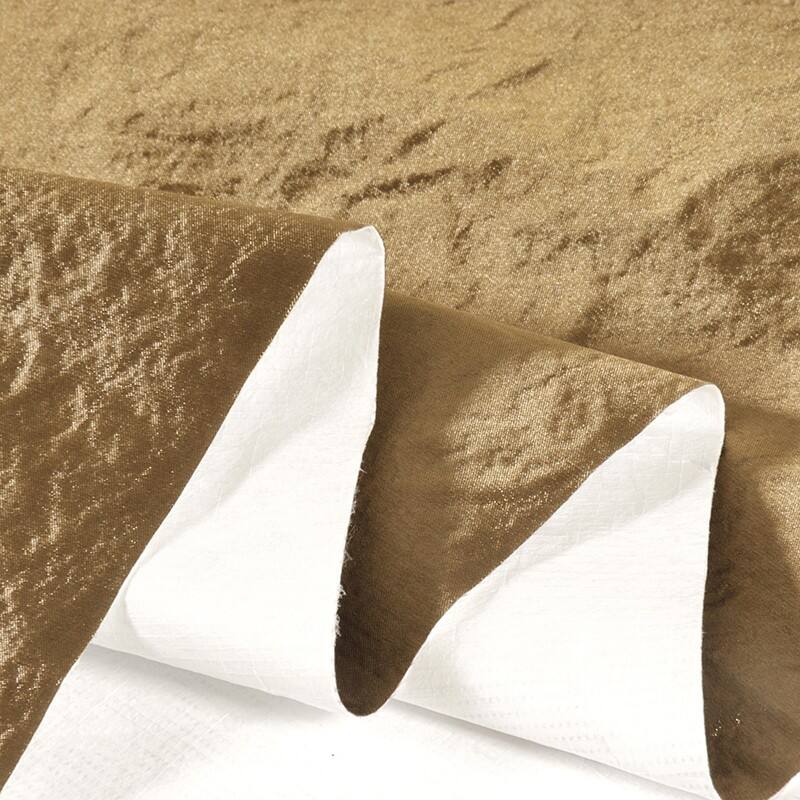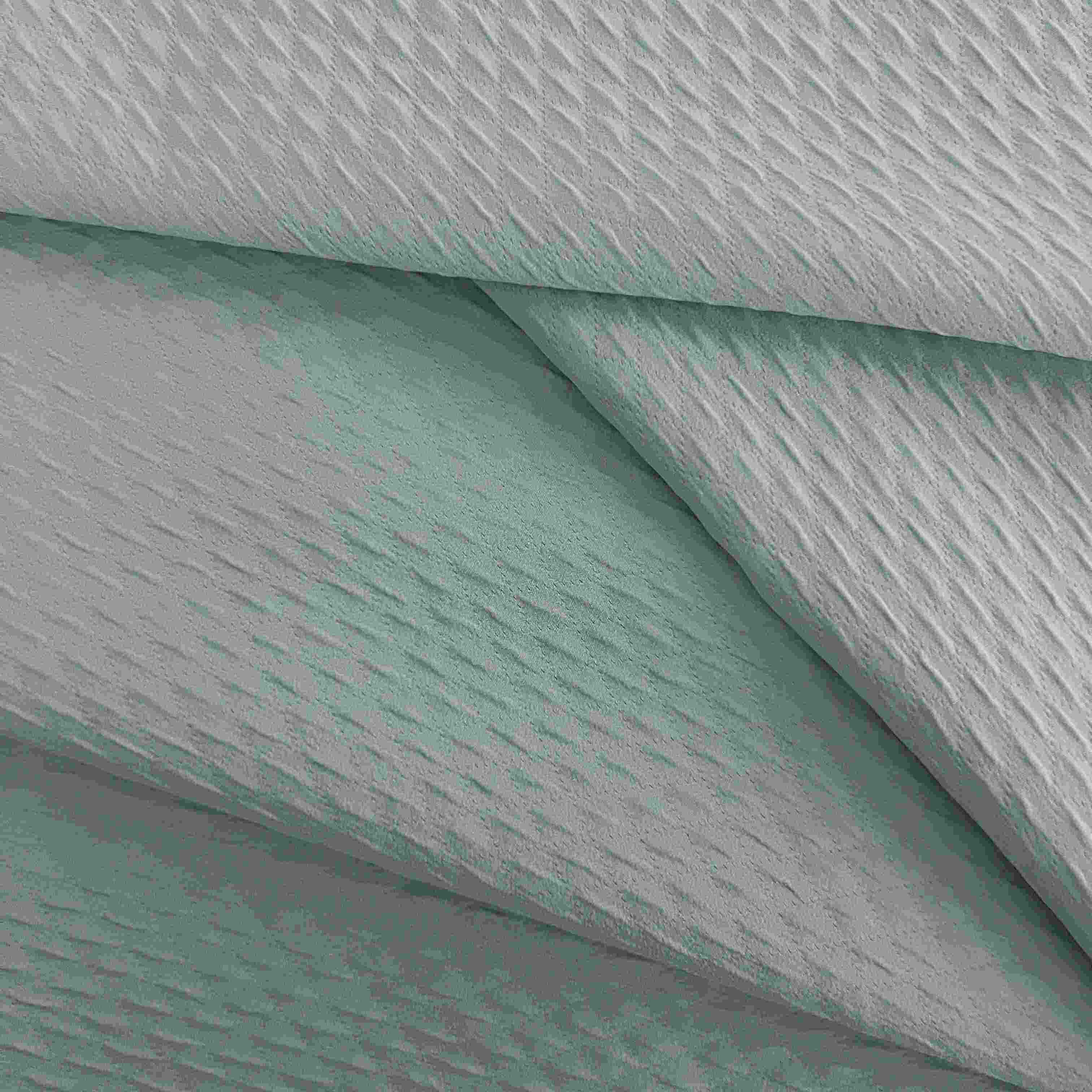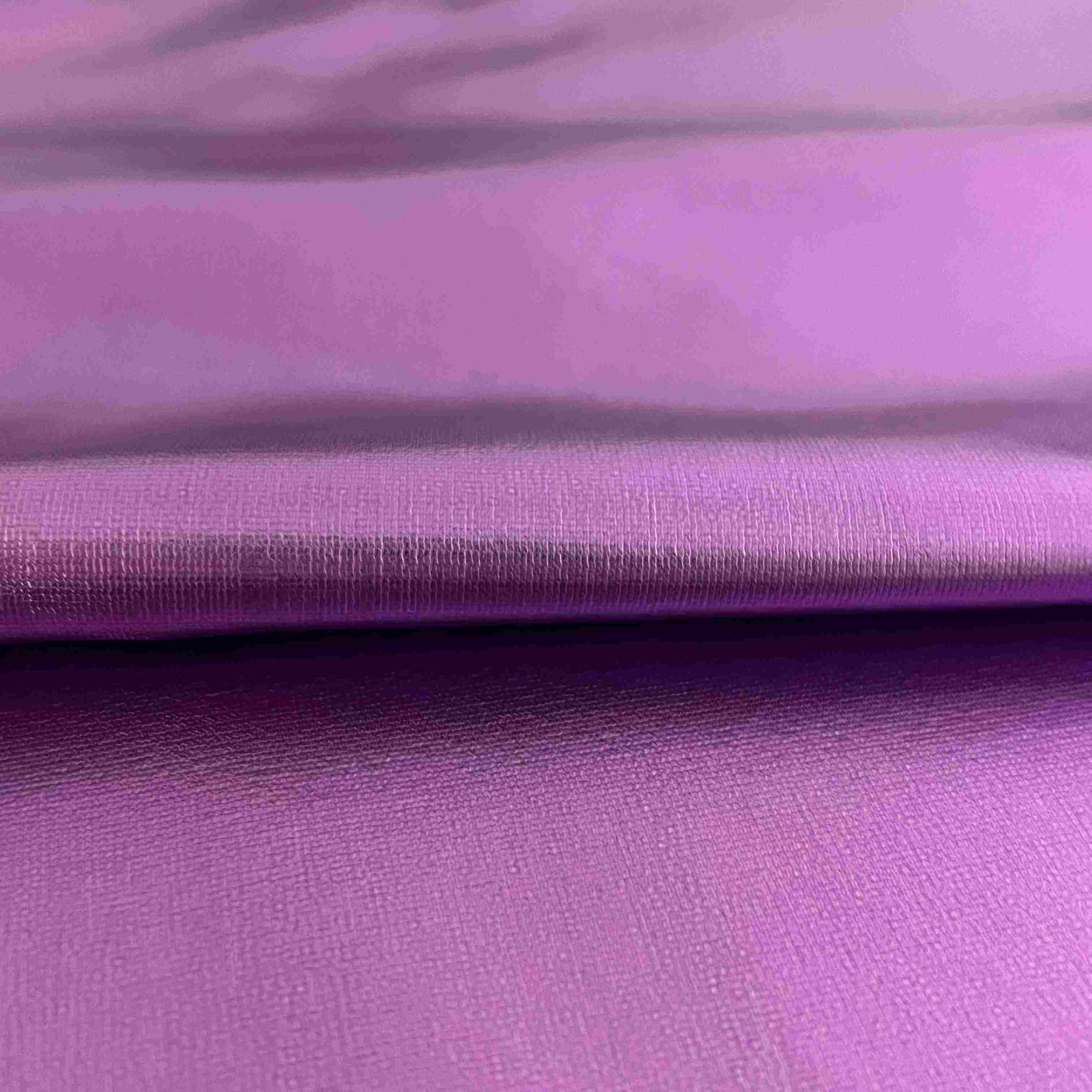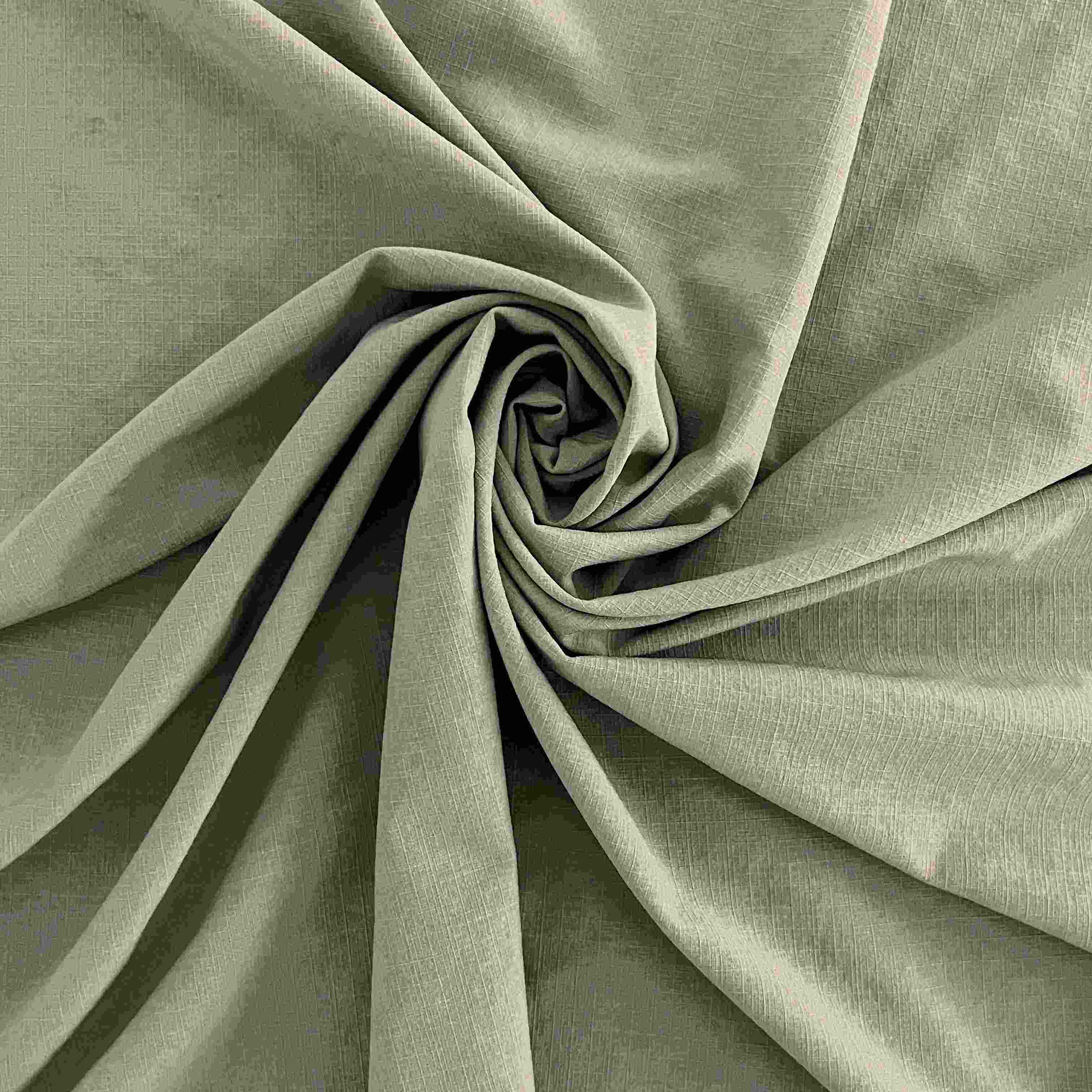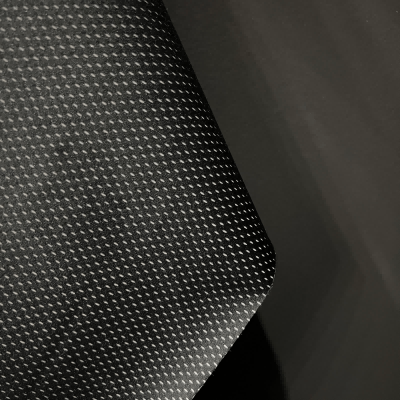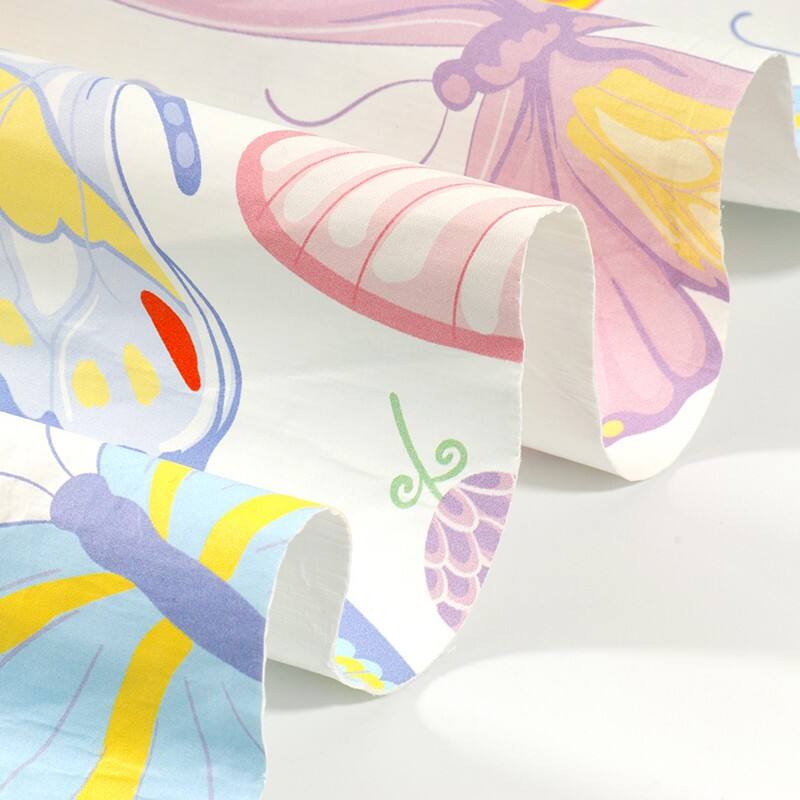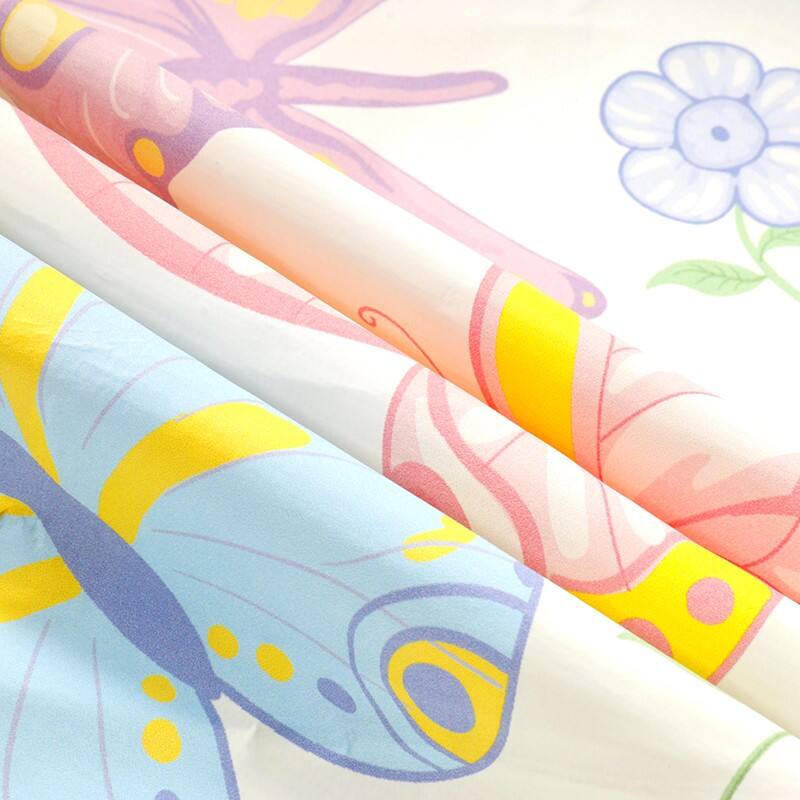most eco friendly fabric
Organic hemp fabric stands as the most eco friendly textile option available today, representing a revolutionary step forward in sustainable fashion and manufacturing. This remarkable material is derived from the hemp plant, which requires minimal water, no pesticides, and enriches the soil during growth. The fabric production process uses significantly less energy compared to conventional materials, with each acre of hemp capable of producing three times more fabric than cotton. Hemp fabric exhibits exceptional durability, lasting up to three times longer than traditional textiles while becoming softer with each wash. Its natural antimicrobial properties make it resistant to mold, mildew, and bacterial growth. The fabric offers excellent breathability and moisture wicking capabilities, maintaining comfort in various weather conditions. Hemp fabric also provides natural UV protection and demonstrates remarkable thermal regulation properties, keeping wearers cool in summer and warm in winter. Its versatility extends across multiple applications, from everyday clothing to industrial textiles, home furnishings, and even construction materials. The fabric's biodegradability ensures it returns safely to the environment at the end of its lifecycle, leaving no harmful residues.
